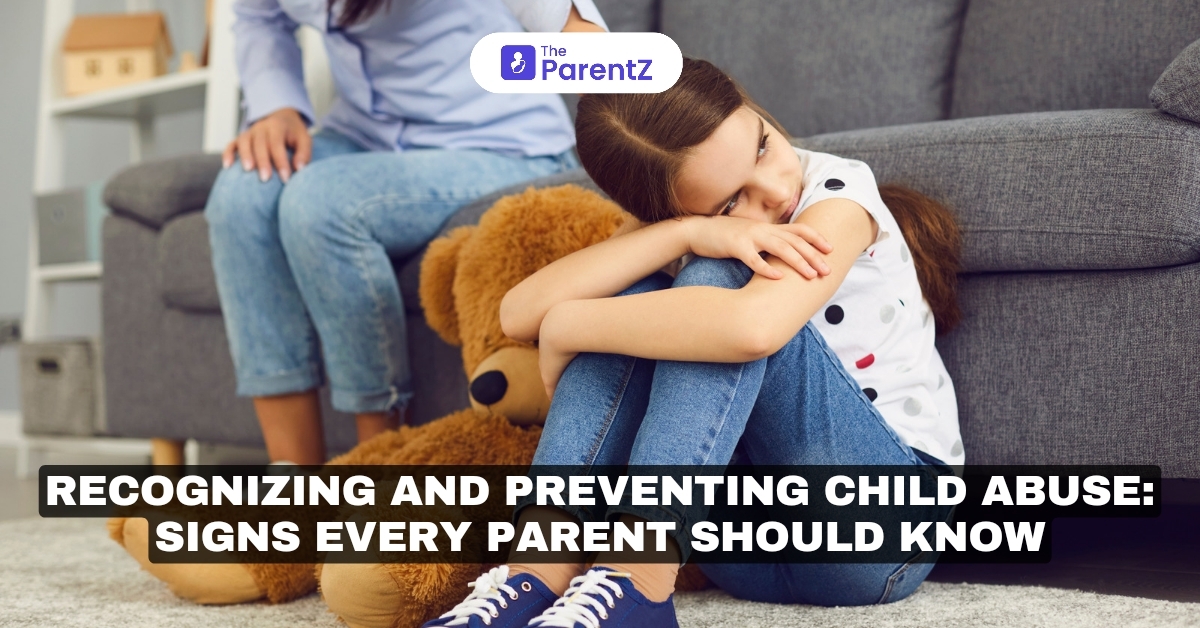The recent tragic incident in Kolkata, where a young girl was brutally raped and murdered, has sent shockwaves across the nation. This heartbreaking case has once again highlighted the pressing need for parents and guardians to be vigilant about their children's safety, especially when it comes to recognizing the signs of abuse. Child abuse is a silent predator that often goes unnoticed until it's too late. As a parent, understanding the subtle cues that your child might be in distress is crucial in preventing such tragedies.
The Case That Shook Kolkata
The Kolkata case is a grim reminder that child abuse can occur anywhere—at home, in schools, or even in the neighborhood. The young victim was reportedly lured by someone she trusted, a pattern that is disturbingly common in child abuse cases. The incident underlines the importance of being aware of who your child interacts with and the necessity of teaching them about personal boundaries.
Recognizing the Signs of Abuse
Child abuse, whether physical, emotional, or sexual, often leaves behind signs that can be detected if parents are observant. Here are some key indicators that your child might be experiencing abuse:
- Behavioral Changes: A sudden shift in your child's behavior is one of the most significant red flags. This could include withdrawal from social interactions, sudden aggression, or a noticeable drop in academic performance. For instance, if your child was once outgoing and is now unusually quiet or fearful, it's worth investigating further.
- Physical Symptoms: Unexplained injuries such as bruises, cuts, or burns should never be ignored. Additionally, symptoms like difficulty walking or sitting, or frequent complaints of stomach aches or headaches, may also indicate abuse.
- Fear of Certain People or Places: If your child suddenly becomes anxious about going to school or being around a particular person, it could be a sign of abuse. Watch for signs of fear or discomfort around certain individuals, especially those who have regular access to your child.
- Regressive Behaviors: Reverting to behaviors they had outgrown, such as bed-wetting, thumb-sucking, or fear of the dark, can be a sign of trauma.
- Sexualized Behavior or Knowledge: Children who have been sexually abused may display inappropriate sexual behavior or knowledge that is not age-appropriate. If your child starts exhibiting such behaviors, it's critical to address the issue immediately.
- Changes in Eating Habits: A sudden change in appetite, whether it’s a loss of interest in food or overeating, can be a sign of emotional distress, which is often linked to abuse.
Preventing Child Abuse: What Parents Can Do
- Open Communication: Encourage your child to talk about their day, including who they interacted with and how they felt. Make sure they know they can come to you with any problem, no matter how small it may seem.
- Teach Personal Boundaries: Educate your child about personal space and the concept of "safe touch" versus "unsafe touch." Ensure they understand that they have the right to say "no" to any situation that makes them uncomfortable.
- Monitor Interactions: Be aware of the people your child spends time with, including teachers, elder children, and neighbors. Regularly check in with your child about their feelings towards these individuals.
- Be Observant: Pay close attention to any changes in your child’s behavior or physical appearance. Trust your instincts—if something feels off, it’s important to investigate.
- Create a Safety Plan: Teach your child what to do if they ever feel threatened or uncomfortable. This could include identifying safe adults they can turn to if you're not around.
Conclusion: Being Proactive Can Save Lives
The Kolkata case is a tragic reminder that child abuse can happen in the most unexpected places and by those we might least suspect. As parents, our vigilance, open communication, and understanding of the warning signs are crucial in protecting our children. By being proactive, we can not only prevent abuse but also ensure that our children feel safe and supported, knowing that they can always come to us for help.
It's never too early to start these conversations, and it's never too late to step in when something seems wrong. Our children's safety is in our hands. Let’s make sure we’re doing everything we can to protect them.





Be the first one to comment on this story.